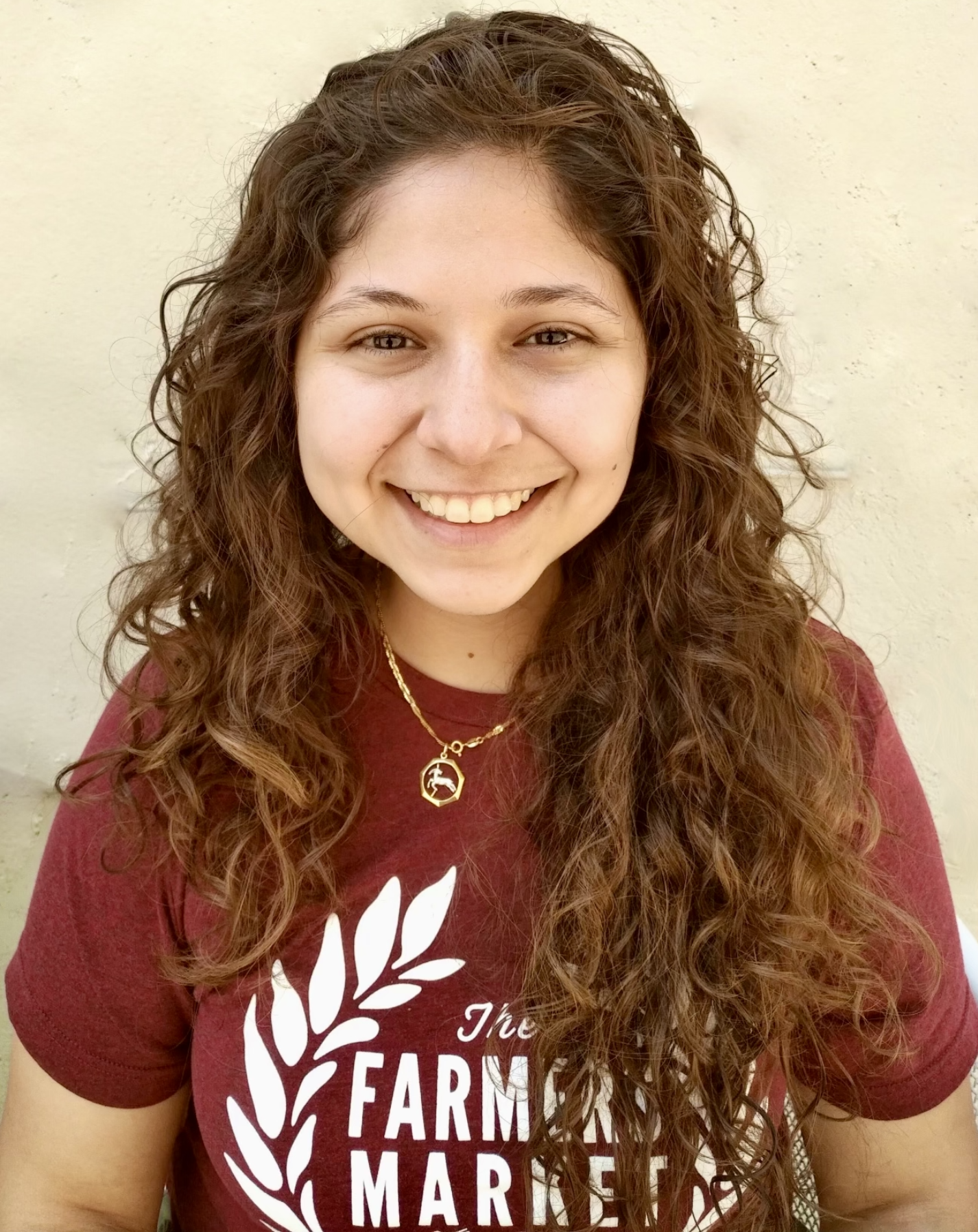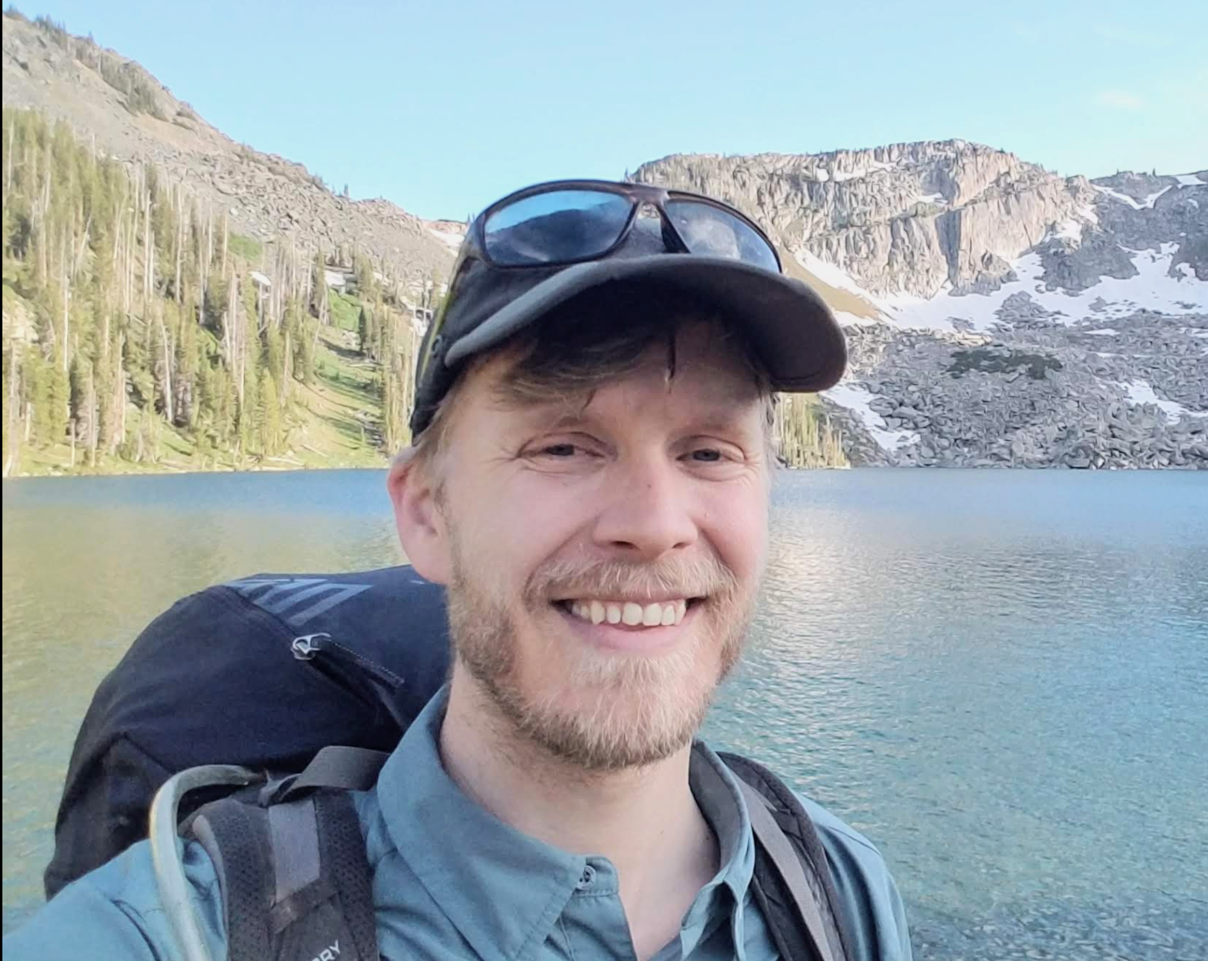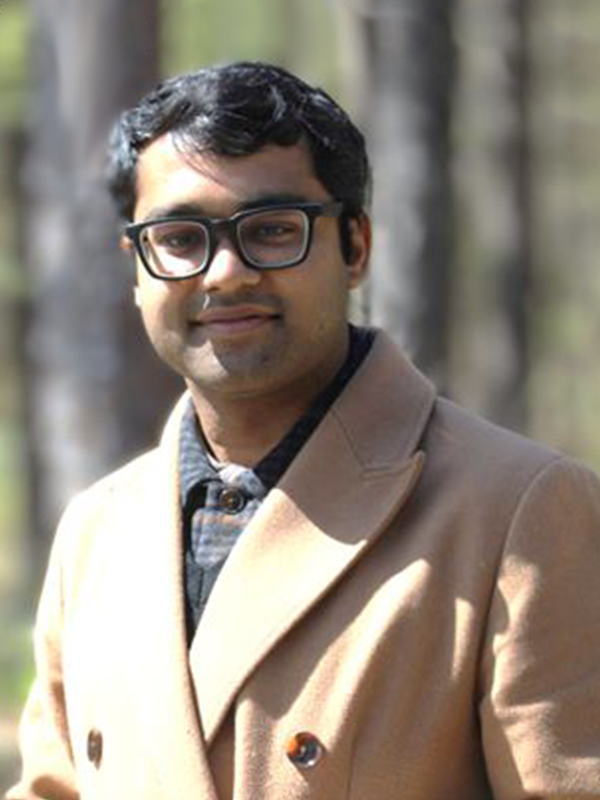Characterizing the Spatiotemporal Changes of Wildland Urban Interface in the United States
February 14, 2024 11:00 am (Central Time)
Recorded VCO
Abstract
This VCO presents work completed by the Team 1 project at the 2023 I-GUIDE Summer School, which analyzed changes in the location and extent of the wildland urban interface (WUI) in the contiguous US (CONUS) from 2000-2020. Using timeseries landcover data and Microsoft’s building footprints in Google Earth Engine, our team applied an accepted methodology to produce a novel timeseries of WUI interface and intermix maps consistently across CONUS. We then analyzed the changing extent of the WUI and characterized wildfire risk and socioeconomic factors using NASA SEDAC’s Social Vulnerability Index and LANDFIRE’s Wildfire Risk to Communities data to evaluate areas at greatest risk to wildfire. This analysis identified states where the WUI is increasing most rapidly and local areas where high social vulnerability and high wildfire risk intersect in the WUI, providing useful information relevant for for emergency planners.
Speakers

Jiwon Baik
University of California at Santa Barbara
Jiwon Baik is a Ph.D. student in the Department of Geography at University of California at Santa Barbara. Her research interests include geographic information science and spatio-temporally explicit GeoAI modeling. Specifically, her research focused on developing methods for spatial modeling and optimization with applications in real world problems.

Denise Chavez
Kansas State University
Denise Chavez is a PhD student in the Department of Geography and Geospatial Sciences at Kansas State University. She is interested in addressing health equity from issues that arrive from environmental exposures and climate change. Through her research, she has always been determined to contribute to a healthier and stronger society by advocating for policy change and community education opportunities.

Eric Jensen
Desert Research Institute
Eric Jensen is a Geospatial Data Scientist in the Division of Hydrological Science at the Desert Research Institute. He received his M.S. in Ecology with a focus on remote sensing and spatial modeling from Colorado State University and B.A. in Geography from Western Washington University. He has developed and contributed to numerous cloud-based geospatial web applications and analysis tools including the Climate Engine Web App, the Climate Engine API, and the Rangeland Analysis Platform. His applied research interests focus on using remote sensing and geospatial data and machine learning modeling to address resource management questions around drought and disturbance impacts at regional to national extents. Eric is also a Google Developer Expert (GDE) for Google Earth Engine.

Debayan Mandal
Texas A&M University
Debayan Mandal is a PhD candidate in the Department of Geography at Texas A&M University, specializing in advancing multiscale disaster resilience through the innovative use of CyberGIS and geospatial digital twins. His current research interests include Digital Twins, CyberGIS, Disaster Resilience, Social and Physical vulnerability modelling, Watershed Modelling and Management. Through these he pursues a commitment to creating smart, resilient communities capable of navigating the complexities of modern environmental challenges. By merging geographic information science with civil engineering, Debayan hopes to bring a new dimension of enhancing disaster preparedness and response, contributing to safer, more sustainable urban futures.